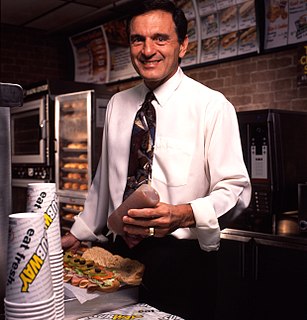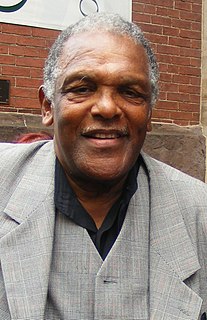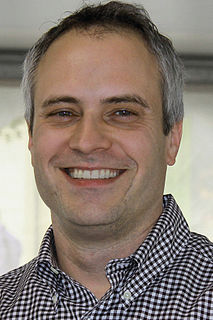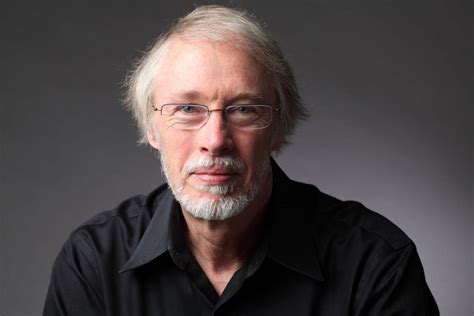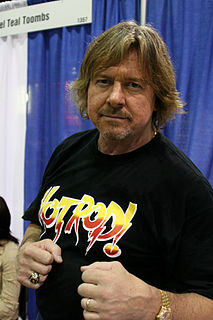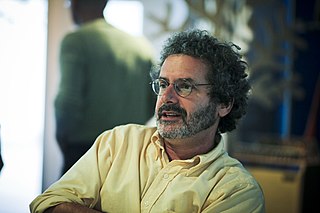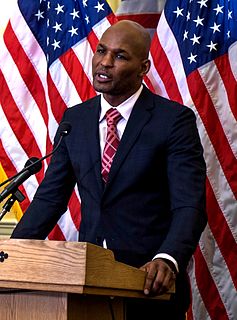A Quote by Fred DeLuca
Back in the early days of international, everybody wanted to customize the menu for every place.
Quote Topics
Related Quotes
That was very appreciative because all the players vote for that. That's the highest award anyone can get in the NFL. Every team in the NFL votes for the most valuable player. I was injured. I had appendicitis the first part of the season, but I came back after ten days. Nobody came back that early. No player wants to sit on the bench. No player wants to be inactive. Everybody wants to play.I came back in ten days. I had the uniform on and played. I played those next games until I got kicked in the head.
I served on the committee in the U.S. House that wrote the Affordable Care Act. I defended it back home in endless town halls. I got elected to the Senate, and when no one wanted to stand up for the ACA in its early days, I took up the cause, going to the Senate floor nearly every week to extol its virtues.
Worldwide, most people dress more casually these days, don't they? They have done for the last 20 or 30 years, I suppose. So, every place that I go to, the majority of people really wear jeans, trainers, T-shirt - everybody seems to dress more for comfort. Whereas, even in my lifetime, even up to the early-'70s, there was still that thing of dressing up.
The Russians have been flying long duration crews since the early '70's. And in the early days, they've ended at least two missions early because of conflicts within the crew. So, they learned early on the importance of studying this and making sure you put the right crew together. Since we began our work together on the International Space station with the Russians in the early 2000's, NASA has started to learn the importance of this kind of work. And so, I think it's important work and we are not fully onboard and recognize it as important.
Everest has a special place in all of our imaginations. For centuries, Everest was a little bit like the moon. It was the place where everyone wanted to go. Empires wanted to be able to say that they were the first to put a climber on top of Everest. So when a tragedy happens up on that mountain, I think it has a global resonance. Everybody's heard of Everest. Everybody knows what Everest is and what it means, and the significance.
To the chefs who pioneered the nouvelle cuisine in France, the ancienne cuisine they were rebelling against looked timeless, primordial, old as the hills. But the cookbook record proves that the haute cuisine codified early in this century by Escoffier barely goes back to Napoleon's time. Before that, French food is not recognizable as French to modern eyes. Europe's menu before 1700 was completely different from its menu after 1800, when national cuisines arose along with modern nations and national cultures.
